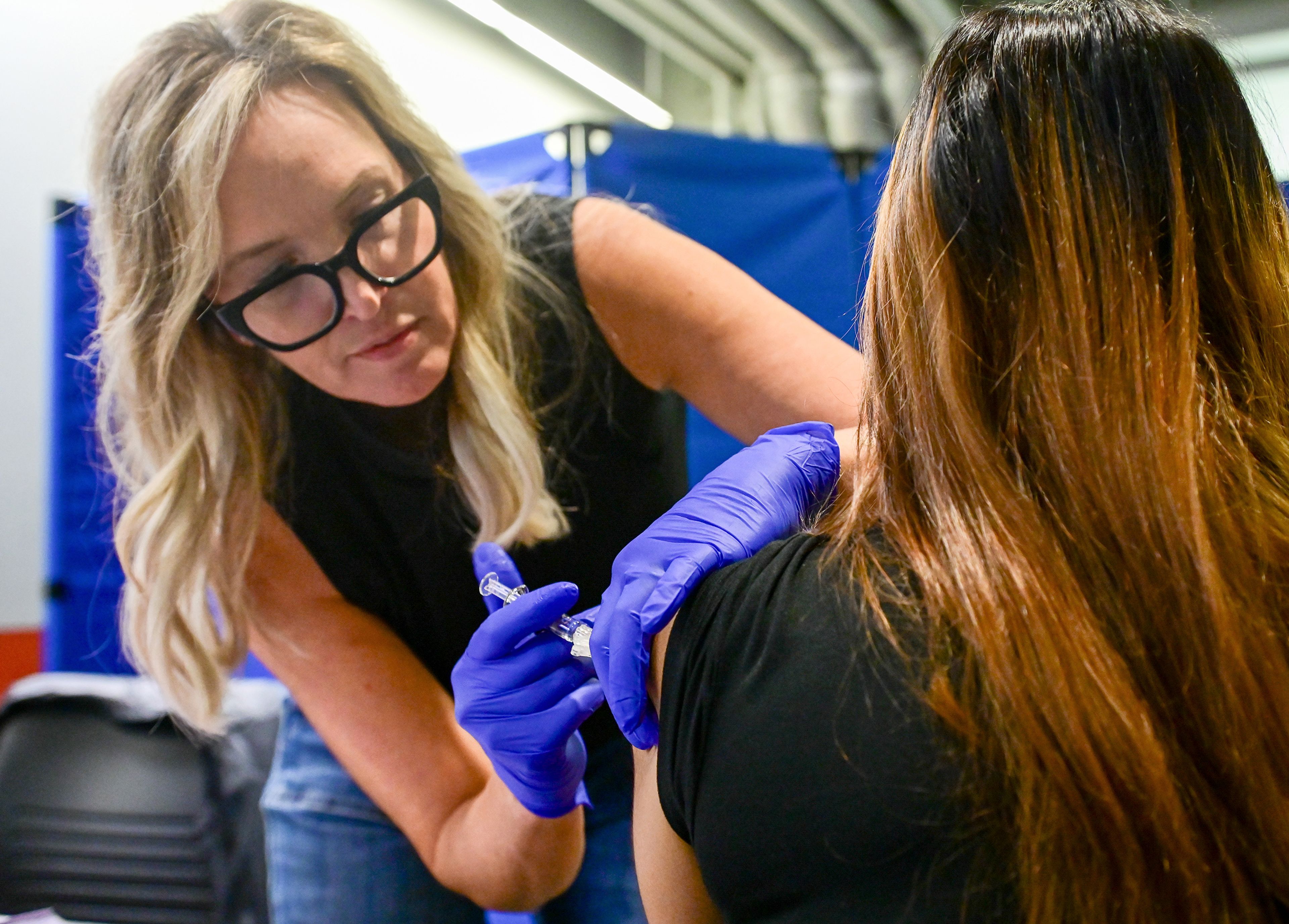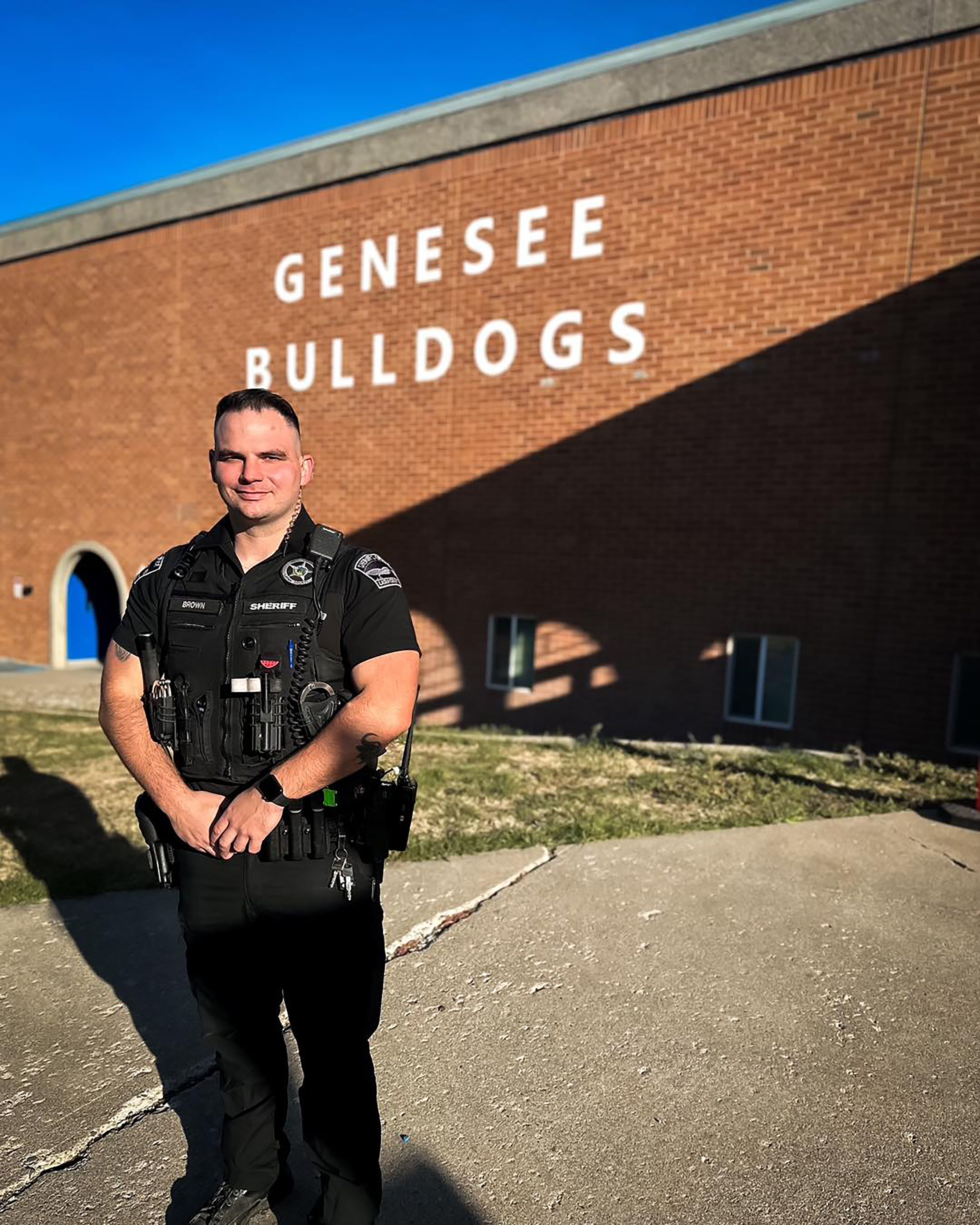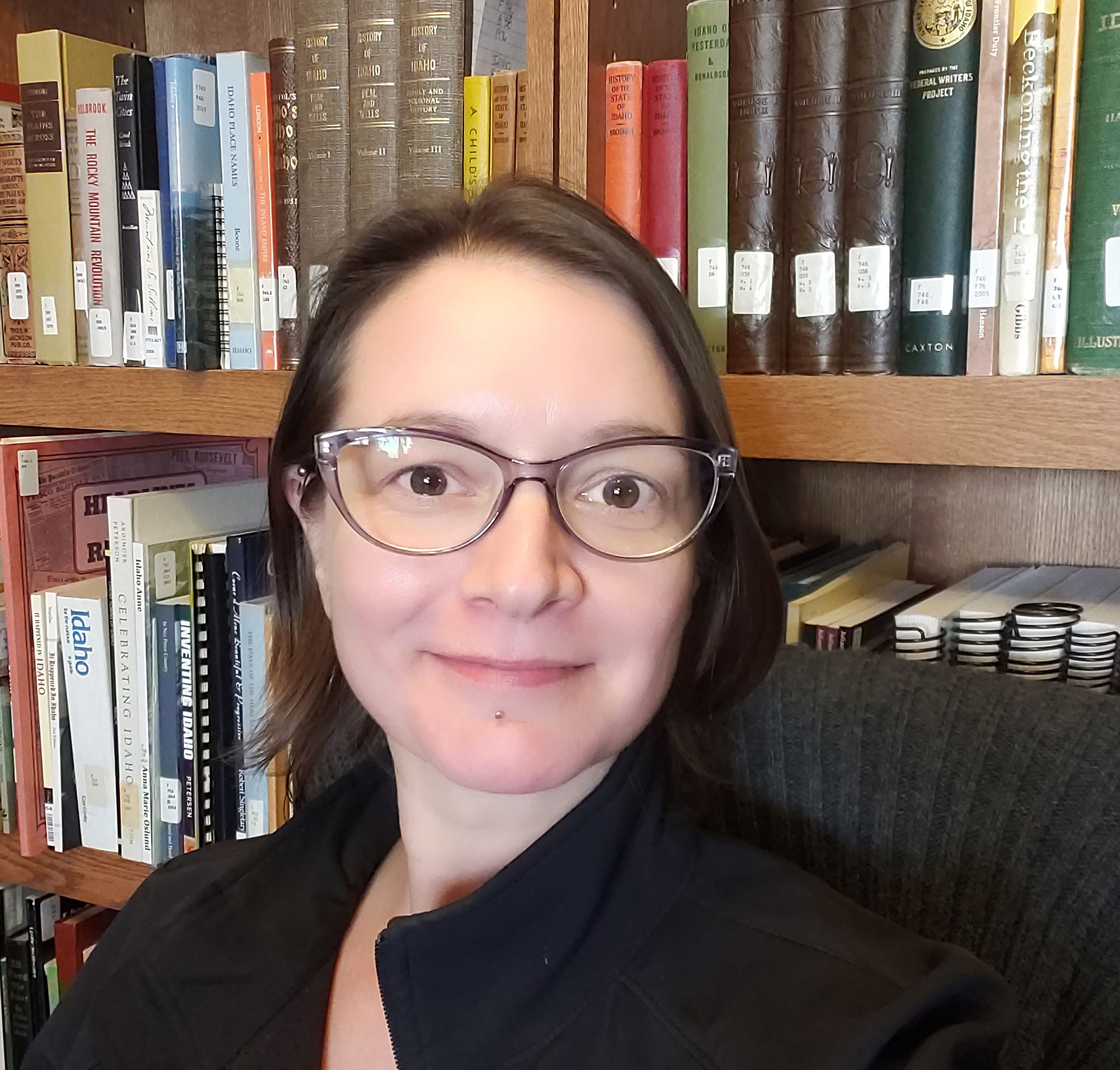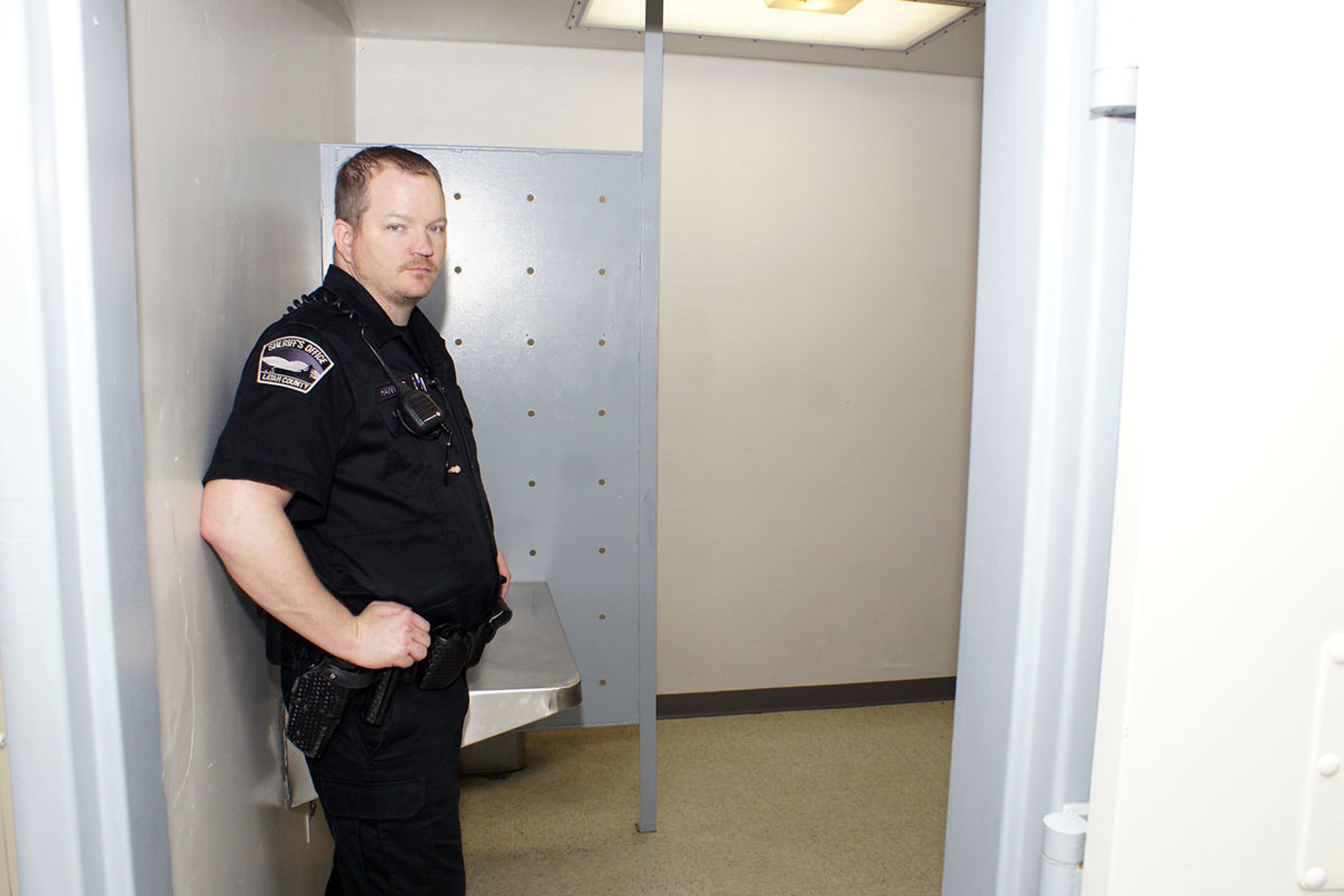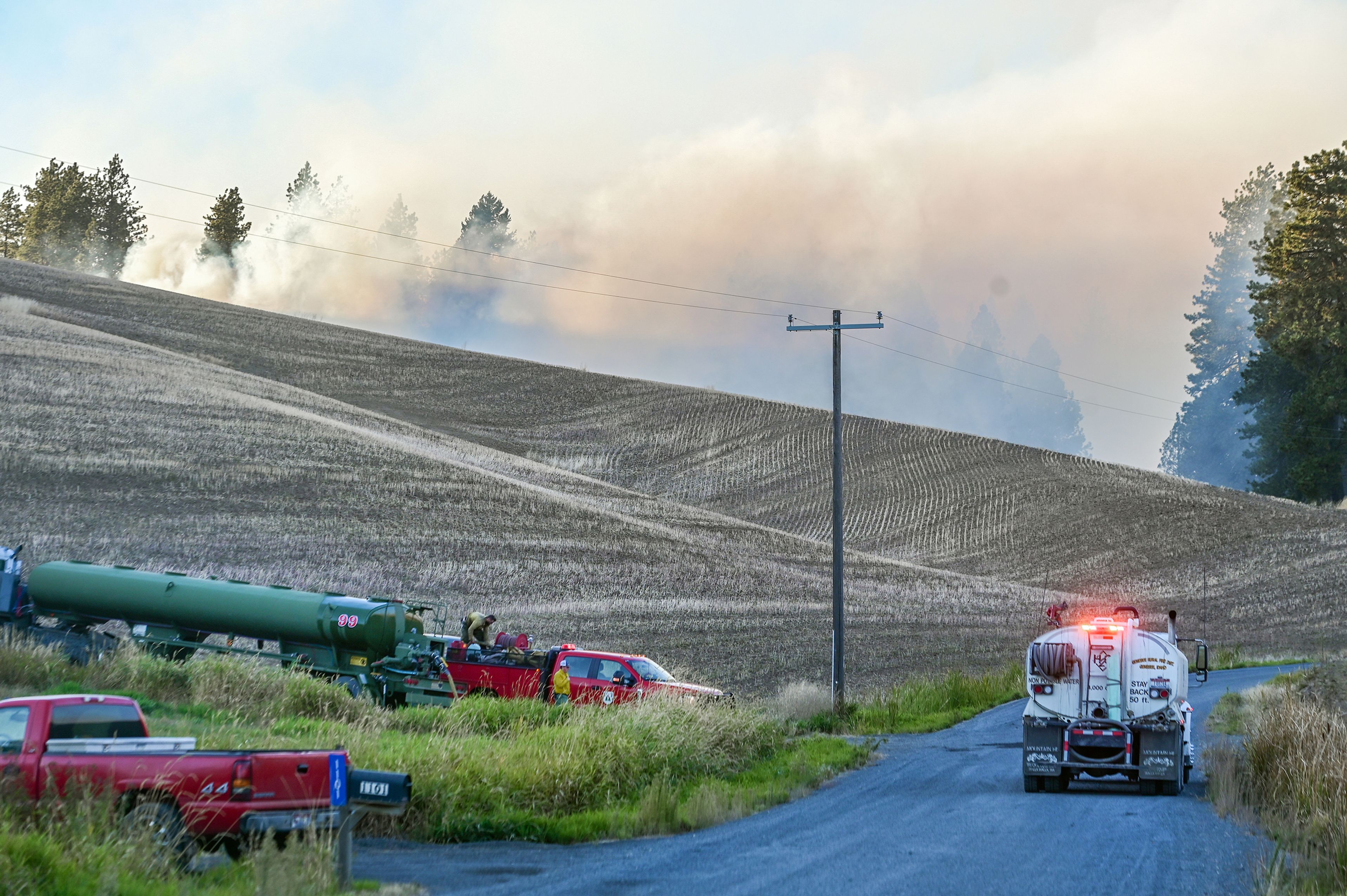You probably don’t consider return on investment when you buy a winter coat. Warmth and resistance to the elements are what you want. Maybe durability and, of course, a good price. Still, it’s unlikely that resale of your secondhand coat will return much on your investment. So why buy it? You’re looking for comfort, utility over the years and an appropriate price. Definitely good reasons. The same is true for weatherizing your home.
Like a good coat, home weatherization involves insulation, sealing air gaps, managing moisture and maintaining a desirable temperature. Keeping winter weather out keeps people inside comfortable. It doesn’t have to cost a lot. Right now, rebates, tax credits, low-interest loans and other incentives make your investment affordable and in some cases, free. Weatherization and energy-efficient equipment also can keep your home cool in summer and reduce monthly utility bills all year. In an inflated economy, people are looking for ways to save money wherever possible. Plugging up leaks in one’s house seems like a pretty straightforward way to do that.
To get started, begin with an energy audit to get an idea of what improvements will make the greatest difference in your home. Avista offers residential customers free energy audits. Information about signing up is atbit.ly/40BjBdJ. Also, a federal program through the new Inflation Reduction Act provides funding for states to offer rebates of up to $150 for your energy audit (see energy.gov/save).
To get an idea of potential savings and benefits of weatherization, upgrading appliances, installing more efficient heating and cooling systems (like heat pumps), and advantages of electrification and renewable energy, see rewiringamerica.org/app/ira-calculator. And to read about advantages of certain types of home energy equipment and compare unbiased reviews for our region, see energysage.com.
You could save thousands of dollars. Savvy shoppers can stack incentives.
n Federal tax credits for energy efficiency under the Inflation Reduction Act cover things like insulation, new doors, windows and roofing. It also covers electrification, use of renewable energy, funding for state-administered rebates for weatherization, energy-efficient appliances and other energy upgrades. The U.S. Department of Energy’s website (energysage.com) describes the tax incentives and which, and when, rebates will be available. Qualifying expenses, allowable amounts and timing for eligibility are explained on the IRS website(irs.gov/pub/taxpros/fs-2022-40.pdf).
n Regionally, Avista offers rebates for insulation, replacing inefficient doors and windows, switching to a heat pump and upgrading water heaters and furnaces.
n In Washington, the state offers energy efficiency tax credits, low-income assistance and home loans, among other incentives. Idaho offers qualified residents low-interest loans and income tax deductions for certain energy efficiency upgrades, implementation of renewable energy technology and assistance for low-income households. To learn more, see dsireusa.org.
So how come we haven’t heard more about this? Well, for one thing, the new federal program has the unfortunate title of “Inflation Reduction Act,” which doesn’t exactly scream, “Look here for rebates and tax credits for energy efficiency!” And, in some cases, political divides and mistrust of government get in the way of conveying the advantages of these investments and cost savings. Finally, technologies like heat pumps are still new but gaining in popularity. Who knew that heat pumps can also cool? And solar panels that once seemed out of reach for the average homeowner have come down in price and lifecycle costs are more competitive.
New jobs and training programs in clean, renewable energy are gaining momentum and present opportunities for our regional workforce. That means that the benefits described above will be increasingly accessible throughout the Palouse — to educational and health care institutions, the private sector, homeowners and renters.
Winter weather is on its way. We’ll be glad for good winter coats for ourselves — and energy-efficiency for our homes.
Chaney lives in Moscow and is a member of the Moscow Climate Action Working Group. Saving Green is a column spearheaded by the Citizens Climate Lobby and the Climate Action Working Group. With suggestions or questions about this column, visit the Citizens’ Climate Lobby-Palouse Chapter at cclpalouse.org.

